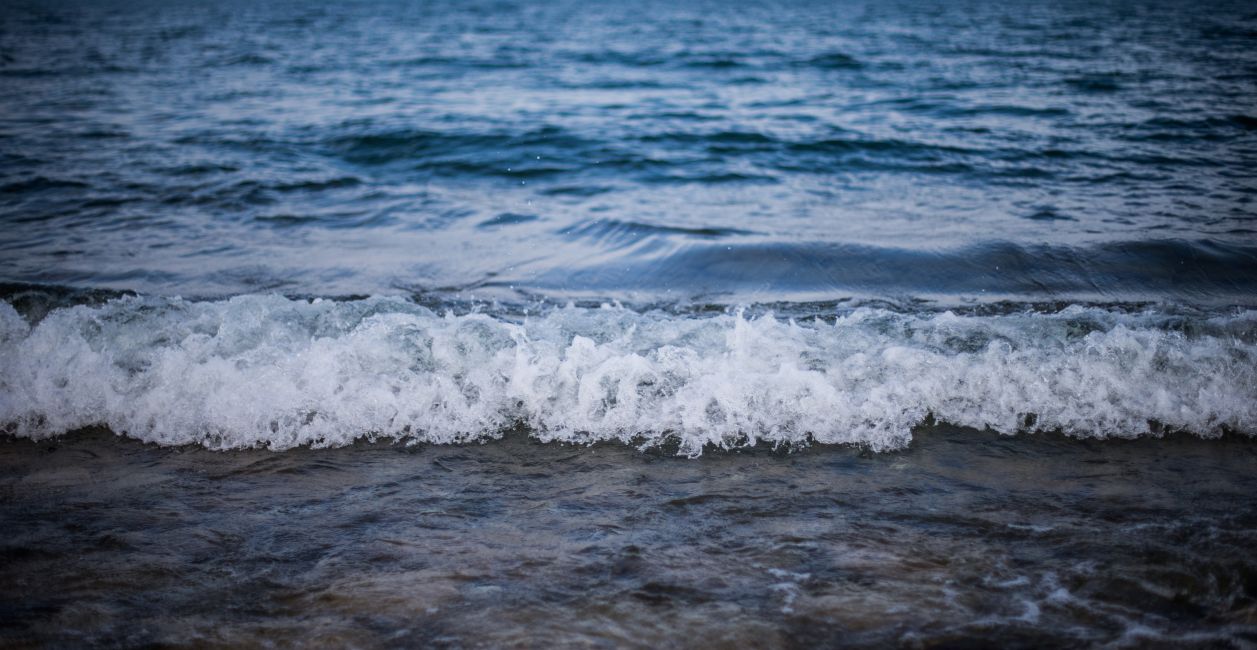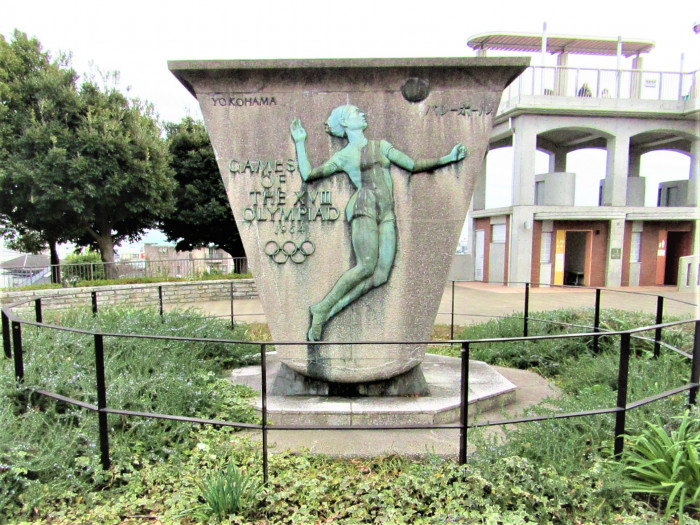
Japan’s + The World’s Olympics Success

“Just a nice piece of hitting.” That is how Nick Martinez, pitcher for the United States’ Olympic baseball team, complimented Japan’s Munetaka Murakami on batting a home run. At 21 years old, Murakami is the youngest starting lineup member of Japan’s strong team.
The Japanese defeated the Americans 2-0. International athletic competitions can be intense, but Martinez also personifies graciousness on the part of a competitor. The Olympics foster international collaboration and encourage community.
The Olympic Summer Games concluded on August 8, with basketball, cycling track, marathon and rhythmic gymnastics among concluding events. The elegant closing ceremony symbolized very appropriately the ultimate success of this historic 17-day competition.
The ongoing global public health pandemic added considerably to the complex challenge of mounting and conducting this Olympics. Not surprisingly, there was strong pressure in advance to postpone or even cancel the scheduled competitions.
Prime Minister Yoshihide Suga refused to do so. Events have ultimately confirmed his courage and determination, and that of the many other people involved in this success.
Predecessor Prime Minister Shinzo Abe is from a political dynasty. During the Abe government, Suga held the powerful office of Chief Cabinet Secretary, but began his political career as a complete outsider. From a family of modest means, he worked in a factory to save money for university.
Suga’s intense determination and focus are legendary, reflected in Japan’s decision to go ahead with the Olympics, with public-health guidelines, and his gamble has succeeded. The nation has been able to develop and implement sensible, practical restrictions.
The totalitarians of the twentieth century argued dictatorship was necessary to preserve order at home and stability abroad. China today is the principal surviving promoter of this falsehood. Contemporary Japan by dramatic contrast provides persuasive confirmation of freedom.
Taiwan is a special case, related to China in geography as well as history, separated by drastically different political systems. The island participated in the Olympics under the designation “Chinese Taipei,” to satisfy the increasingly militant Communist ideologues in Beijing.
In the Japan Olympics, Taiwan has won twelve medals, including two Gold. This is an impressive performance by the relatively small island. Japan recently publicly confirmed the importance of Taiwan’s security
Japan, like the United States and in contrast to China, has an advanced industrial economy, with long-established physical and human infrastructure providing strong stability. Japan remains number two in the world in gross domestic product per capita, after the U.S.
Abe and now Suga have pursued realistic policies, implemented with sustained discipline. The government has emphasized encouraging solidly based economic growth. Years of stagnation followed the collapse of Japan’s economy in the early 1990s. Sustained growth-oriented policy, termed “Abenomics,” had success until the Covid-19 public health problem undercut those realistic policy efforts.
Abroad, Japan promotes a Free and Open Indo-Pacific (FOIP) involving collaboration among maritime democracies. Australia, India and the U.S. all support this effort. In September 2019, Japan and the U.S. concluded an important trade promotion agreement.
An important foundation is Asia Pacific Economic Cooperation (APEC), conceived by Australia Prime Minister Bob Hawke. President George H.W. Bush immediately brought in the U.S., and APEC launched in 1989, as the Cold War was ending
Vietnam hosted the APEC Summit in 2006. Vietnam’s leaders honored U.S. Defense Secretary Donald Rumsfeld, a senior government official also during the Vietnam War.
The Tokyo Olympics are a success for Japan, and reflect international community.
